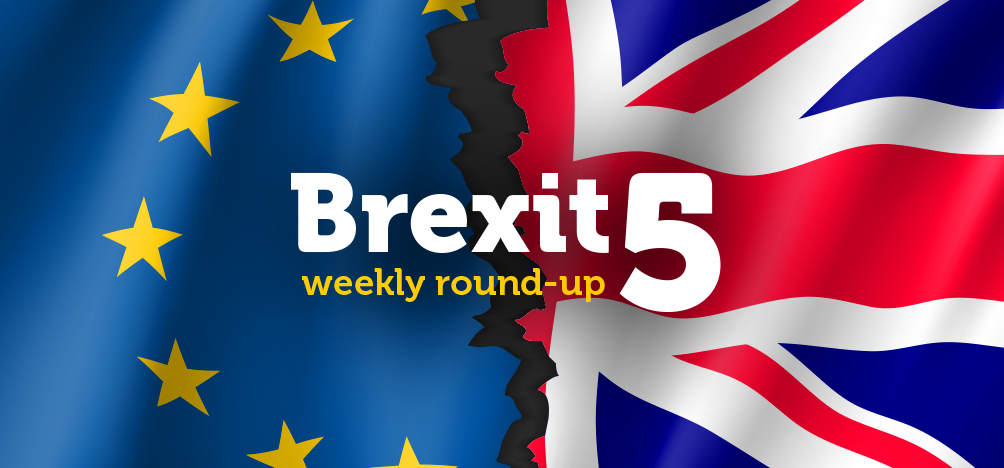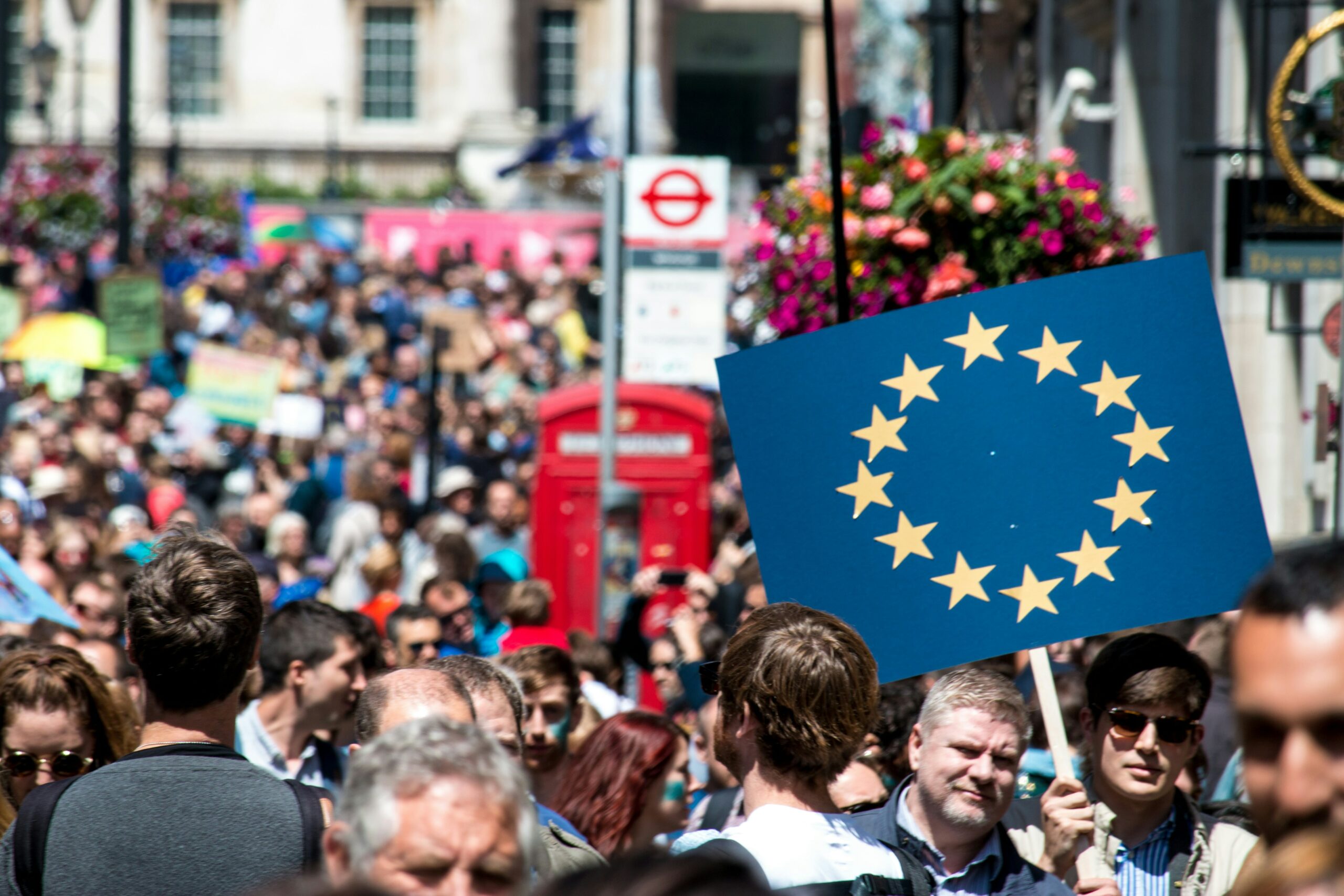By-election Blues
A total of fifteen candidates ran in the Peterborough by-election to replace disgraced former Labour MP Fiona Onasanya, who was removed in May after a recall petition. Despite much media attention and fevered speculation, Brexit Party’s Mike Greene fell just under 700 votes short of pulling off a by-election victory. Labour candidate Lisa Forbes secured a victory despite criticism for alleged anti-Semitism. Labour affiliate group, the Jewish Labour Movement, has already called for the Labour whip to be removed from Ms Forbes before she has even been sworn in as an MP, following her rejection of the internationally accepted International Holocaust Remembrance Alliance definition of anti-Semitism. Meanwhile a subdued Nigel Farage gave no press interviews before or after the Peterborough count, leaving the defeated Brexit Party candidate Mike Greene to face the media. With 61% of Peterborough voters supporting Leave in 2016, there will be questions over whether the Brexit Party, despite polling 32% in the European elections, has gone as far as it can at a UK level.
The Current Contenders
Those vying to replace Theresa May have hours left before nominations close for Conservative MPs to put themselves forward as a candidate for party leader and Prime Minister. With two junior ministers, James Cleverly and Kit Malthouse, already withdrawing from the contest, the remaining candidates must meet a newly introduced threshold of support from eight other colleagues, rather than just two. 313 Conservative MPs will then have the chance to vote in a series of secret ballots until two candidates remain, and the final decision then made by the membership. Former Foreign Secretary Boris Johnson has warned the party that it faces ‘potential extinction’ if Brexit is not delivered, and most contenders have expressed their commitment to delivering Brexit.
Trump in Town
The Queen welcomed President Trump and other world leaders to mark the 75th anniversary of D-Day this week at Portsmouth. As well as celebrating the bravery and sacrifices made in the largest combined land, air and naval operation in history, the state visit for the American President was seen by many as a chance to ensure good relations with the UK’s closest ally after Brexit. Expectations of controversy were duly met, as the President indicated that the NHS would form part of trade negotiations after Brexit, which was immediately met with a flurry of Twitter rebuttals by Conservative leadership candidates. The President later stated that the NHS would not form part of a future trade deal between the UK and the US but the comments will have raised concerns and questions among many MPs and voters. The President also came close to sparking a diplomatic row after publicly declaring that Boris Johnson would be an ‘excellent’ prime minister and revealed that several other candidates in the leadership race had asked him to endorse them.
Change UK Split (again)
Anti-Brexit party Change UK has splintered further as 6 of its 11 MPs desert it just months after forming to stand as independents again, following a disastrous performance in the European elections. A battle for data, finger pointing and mudslinging now grips the fragmented centrist splinter groups. With rumour that Chuka Umunna has chucked Change UK for his chance to finally be cheerleader for the Liberal Democrats, the party splitters are leapfrogging each other in a scramble to establish themselves as the anti-Brexit centre of British politics. The party is now embroiled in a debate over whether The Independent Group’s controlling shareholder Gavin Shuker MP, legally controls Change UK’s data, despite no longer being a member of Change UK, and the disagreement may need to be settled in court.
Hallowe’en Spooks
Officials in the UK and across the EU now reluctantly accept that the Brexit saga is inevitably moving towards a No Deal conclusion. Whoever replaces Theresa May as Prime Minister will be forced to face to inescapable political realities of a hung parliament and EU now showing a fragmented approach. Although some countries support forcing the UK out of the bloc on 31st October after a series of extensions, other countries are increasingly alarmed about the impact this could have on recessions in several member states and on the peace process in Ireland. Spooked officials have also raised concern that an independent UK could quickly react to the challenges of Brexit by transforming itself into an offshore economic competitor, rather than remain integrated with EU regulations as they would prefer. Ongoing Brexit drama also continues to cast a toxic cloud over attempts within the EU to reform and deepen integration, with the ongoing cost of no solution on the European psyche and economy potentially outweighing the cost of no deal. Benelux countries and Spain are increasingly coming around to the French position that continued confusion is draining energy and focus from reforming the European project.
The Whitehouse team are experts in the potential impact of Brexit, providing political consultancy and public affairs advice to a wide range of clients, not only in the United Kingdom, but also across the member states of the European Union. More information about our Brexit experience can be found here, or, if you have any questions, please contact our Chair, Chris Whitehouse, at chris.whitehouse@whitehousecomms.com.

